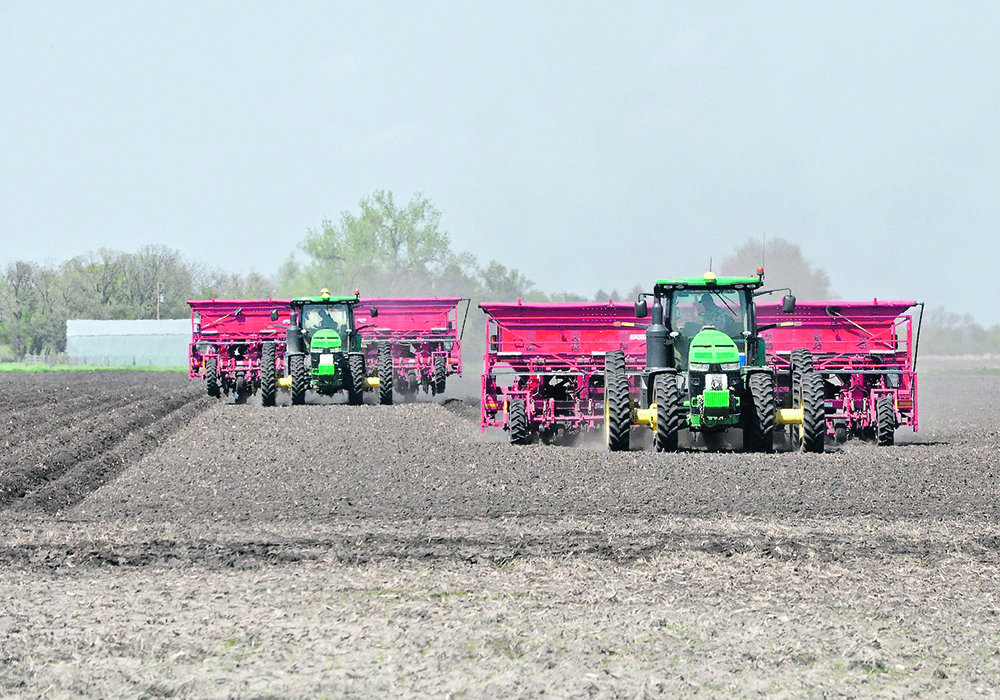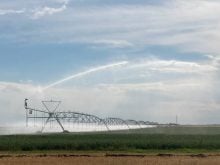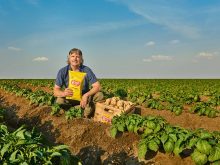Scientists want to determine if it would be better for producers to prepare fields in the spring instead of the fall
Southern Alberta’s Lethbridge College is embarking on a research project to determine the best shoulder season to prepare potato fields for seeding with a focus on the benefits of switching to spring from the traditional fall.
The three-year, $500,000 research project plans to examine three different bedding practices: traditional fall bedding, as well as spring bedding with a winter cover crop and without.
Head researcher Rezvan Karimi said fall bedding might translate to one less task in the busy spring seeding season, but there is likely a loss of both soil and fertilizer over the winter.
Read Also

Agritechnica Day 2: The future of tractor power, building quicker crop apps and large farms and tech
Agritechnica Day 2: The future of tractor power, building quicker crop apps with Syngenta and large farms and tech
“During the winter, the land is bare and we have chinook winds that blow off the good part of the soil with fertilizer,” she said.
An estimated 90 percent of southern Alberta potato growers use fall bedding.
Karimi said the project, which will be taking place at Lethbridge College’s demonstration farm, will compare potato yields from the seasonal preparation timelines as well as the differences between over and under irrigating a crop and the effect on nitrous oxide emissions.
“Our hypothesis is that spring preparation with cover crop has better results in the case of yields and soil sustainability for the long run,” said Karimi.
She acknowledged that even if that hypothesis bears out, convincing farmers to change time-honoured planting decisions isn’t an easy task, an issue she’d like to address by adding an economic analysis to the project.
“When they can see — and I hope they can see the effect — and translate everything to the amount of money they can get, more or less, I think it will be a big motivation,” said Karimi.
But a possible bigger consideration is ensuring soil fertility of potato farms for future generations of growers, said Karimi.
“We know that fall bedding is more convenient for farmers but it has its own drawbacks,” she said.
According to the Results Driven Agriculture Research (RDAR) program, the impetus for funding the research project is one of southern Alberta’s leading potato processors, McCain Foods. The company has announced that regenerative farming practices will be used on all the 130 farms it contracts with, including 30 in Alberta, by 2030.
The research is funded by the provincial government through RDAR.
















